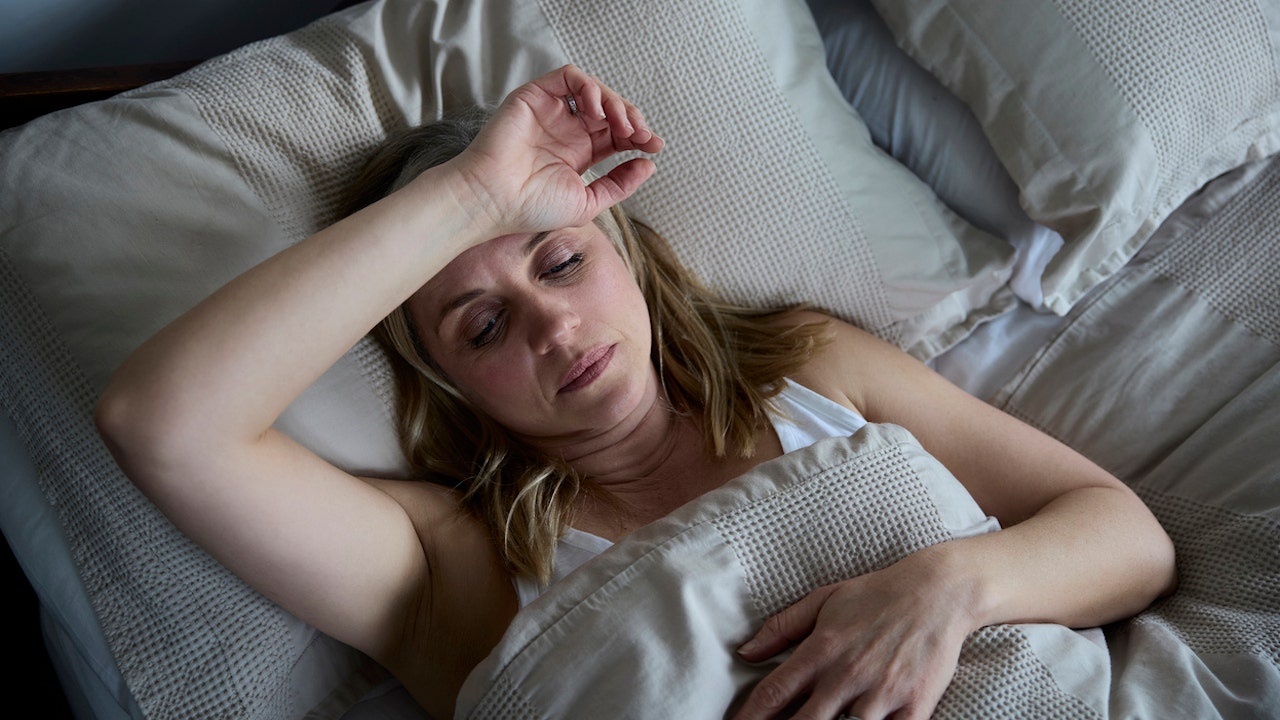Every single day in the U.S., approximately 6,000 women go through menopause, with over two million entering this stage each year, according to the Mayo Clinic. However, many women fail to recognize the symptoms of menopause, which occurs when reproductive hormones naturally decline and menstrual periods stop. According to Jamie Winn, a South Carolina pharmacist and the medical director of Universal Drugstore, an online pharmacy, there are a total of 62 different symptoms of menopause, but only 1% of women are currently aware of some of the key signs. Winn has shared six lesser-known symptoms of menopause, their causes, and potential remedies. Read on to discover more.
1. Fatigue: Women going through menopause can experience fatigue due to various factors, including hormonal changes that lead to decreased estrogen and progesterone levels, affecting energy regulation. Other contributing factors include sleep disturbances, mood swings, physical symptoms, and changes in metabolism. Addressing fatigue during menopause requires a holistic approach, including maintaining a healthy lifestyle, managing stress, and seeking potential treatments or interventions from a healthcare provider.
2. Breast Tenderness: Fluctuations in hormones, particularly changes in estrogen and progesterone levels, can cause breast tenderness during menopause. These hormone imbalances can impact breast tissue, increasing sensitivity and discomfort. While breast tenderness is more common during perimenopause, it can still occur during menopause due to hormonal shifts. Women should consult a healthcare provider to rule out serious causes of breast tenderness.
3. Thinning Hair: Many menopausal women may notice thinning hair, which is a result of hormonal changes. Decreased estrogen levels can disrupt the hair growth cycle, leading to finer and thinner hair. Additionally, declining hormones can affect hair follicles, reducing their ability to produce new hair. Genetics, stress, and nutritional factors can also contribute to hair thinning during menopause. Treatment options such as hormone replacement therapy, Propecia, or Minoxidil may help, but their effectiveness varies for each individual and should be prescribed by a healthcare professional.
4. Dizziness or Vertigo: Hormonal fluctuations can cause dizziness or vertigo during menopause. These shifts affect the fluid balance in the inner ear, impacting balance and equilibrium. Other factors like blood pressure fluctuations, energy drink consumption, stress, and age-related changes can also contribute to dizziness or vertigo. If experiencing these symptoms, it is important to consult a healthcare provider to rule out other potential causes and receive guidance on managing them.
5. Anxiety: Hormone changes during menopause, particularly a decline in estrogen, can lead to heightened anxiety. Hormonal fluctuations affect neurotransmitters in the brain, resulting in mood swings, irritability, and anxiety. Physical symptoms of menopause, sleep disturbances, and life changes can also contribute to anxiety. To manage anxiety during menopause, a combination of lifestyle changes, relaxation techniques, and, in some cases, medication or counseling may be recommended.
6. Brittle Nails: Hormonal changes, specifically a decline in estrogen, can also cause brittle nails. These hormonal shifts affect the structure and quality of nails, making them more fragile. Nutritional changes and age-related factors may also contribute to brittle nails. Maintaining a balanced diet, practicing proper nail care, and considering supplements can help address this issue. However, it is advisable to consult a healthcare provider before starting any supplement plan.
Each woman’s experience with menopause is unique, so what works for one person may not work for another. It is crucial to work closely with a healthcare provider to determine the most appropriate and effective management strategies for individual situations. For more health articles, visit www.foxnews.com/health. Melissa Rudy is the health editor and a member of the lifestyle team at Fox News Digital.


